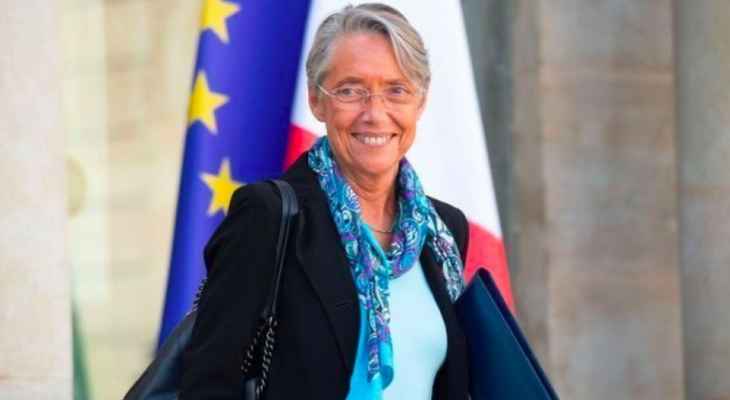French Health Minister Brigitte Bourguignon announced that the country has “five confirmed cases of monkeypox”, stating that “we do not expect an outbreak and we are taking the necessary precautions” and urged all parties to “be careful and vigilant”.
In statements to the French radio station RTL, she indicated that “clear recommendations have been given regarding the identification and isolation of those infected”, and stressed that “we have a strategic stockpile of vaccines, but they will not be used for full vaccination (all citizens), but will be targeted only for contacts.
Yesterday, the World Health Organization confirmed monitoring of 131 confirmed cases of monkeypox and 106 other suspected cases.
The disease was first reported outside of the countries where it is spreading in the UK in the first week of May.
The World Health Organization stressed that despite the rapid spread of the disease in Europe and North America, “the situation is stable and can be contained.”
Symptoms include fever, swollen lymph nodes, and muscle pain, as well as fatigue, chills, and a chickenpox-like rash on the hands and face.
Monkeypox was first discovered in 1958 when laboratory monkeys developed a disease similar to smallpox, hence the name.
Monkeypox is a rare virus similar to human smallpox that was first discovered in the Democratic Republic of the Congo in the 1970s.
Source: El Nashra
